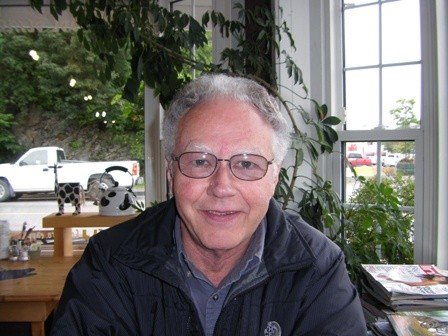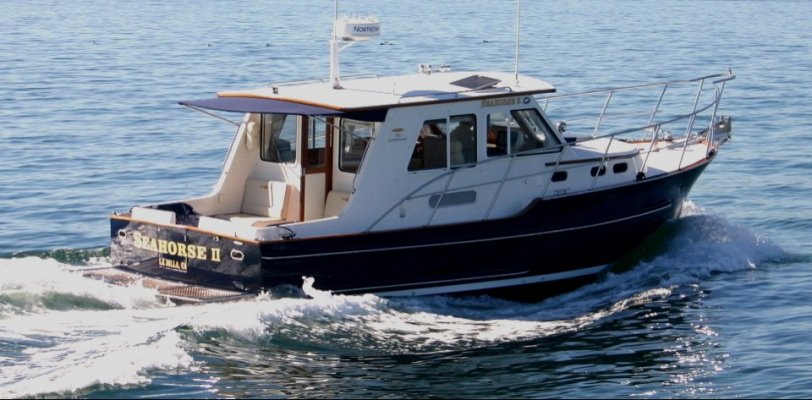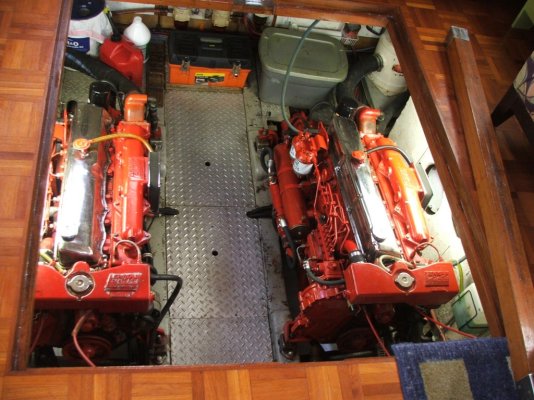nomadwilly wrote:Now Marin should come forth with some guesses, ideas, fiction,fact followed by huge amounts of Boeing engineering and marketing stuff arriving who knows where .. Spot on, some truth to it but no cigar or what the dell is this guy talkin about. I think Marin just loves to think .. on paper.
I don't want to disappoint you, Eric, so here are my thoughts. All the things you said are probably true. Heat causes loss of lubrication, moving parts start to bind, and this puts stress on other parts and they break. I also believe that the high loadings from too-powerful combustion cycles puts stresses on parts that were not designed or built to take these loads over long periods of time and they eventually crack or catastrophically break.
But here is my real suggestion. With the exception of people who actually might be in the engine business, what you're going to get from this forum are educated or not-so-educated guesses as to the causes of engine failure. Or perhaps a parrotting of what someone has learned from a person who IS in the engine business.
Neither of these are insults, it's simply because the majority of us--- if not all of us--- don't work in the marine engine field.
So I would suggest that to get meaningful answers to your very legitimate question as to why engines actually fail, you contact someone who has to know this stuff to get a paycheck. Call or e-mail the engineering department at companies like Northern Lights/Lugger. Unlike Cat or Cummins, NL is small enough to perhaps answer a question from an individual like yourself. I have a good friend who has worked at NL for some 30 years or so, and I have always gotten precise answers from him when I have had specific questions about diesels in general or the specific engines in our boat. So I would say it's worth a try.
Also Bob Smith or his son Mike (I think that's the correct name) at American Diesel. Bob worked for Lehman Bros. and did much of the design work for Lehman's marinzation components for the FL120, FL135, etc. Based on conversations I've had with both Bob and his son, they could probably give you very specific reasons while old thumpers like the FL120 don't do so well when subjected to high power setting on a continuous basis.
You could also call or e-mail companies that rebuild marine diesels. Pat's Engines in Seattle comes to mind of the few companies I'm familiar with. The guys who rebuild failed or worn out engines for a living--- marine, aviation, or automotive--- have to tear them down first, and in the process they can see exactly what broke, and the ones I know have the experience to say why the part broke.
I have asked the exact same question you have to the chief mechanic at the air service I've been associated with for many years. And he gave me the exact kind of answers you are looking for. He described specifically what happened inside an engine or supercharger to make a particular component fail.
You would get the same degree of precise information about marine diesel failure if you pose your question to marine equivelent of my friend at the air service.
And if you do this, I hope you will be kind enough to share your information on this forum as a lot of us are as interested as you are about the truth of what breaks and why inside an engine under high rpm and/or loading.
Sorry for the aviation reference--- I am well aware how much you hate that--- but I felt it helped illustrate what I was trying to say.
-- Edited by Marin at 20:07, 2009-01-17


